A View of the Classical Music Market by mondomusic
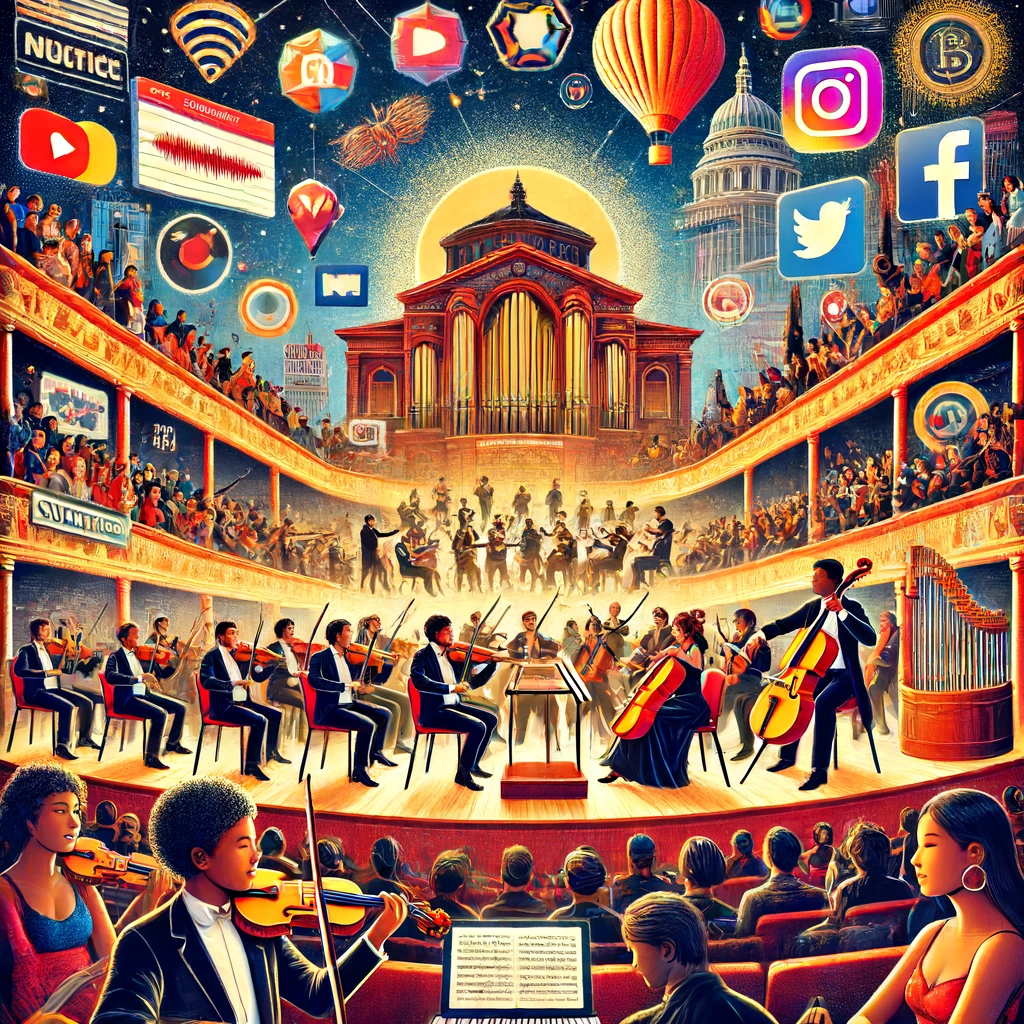
The classical music industry continues to evolve, reflecting broader societal changes and technological advancements while grappling with traditional challenges. Here’s a snapshot of the current state of the industry:
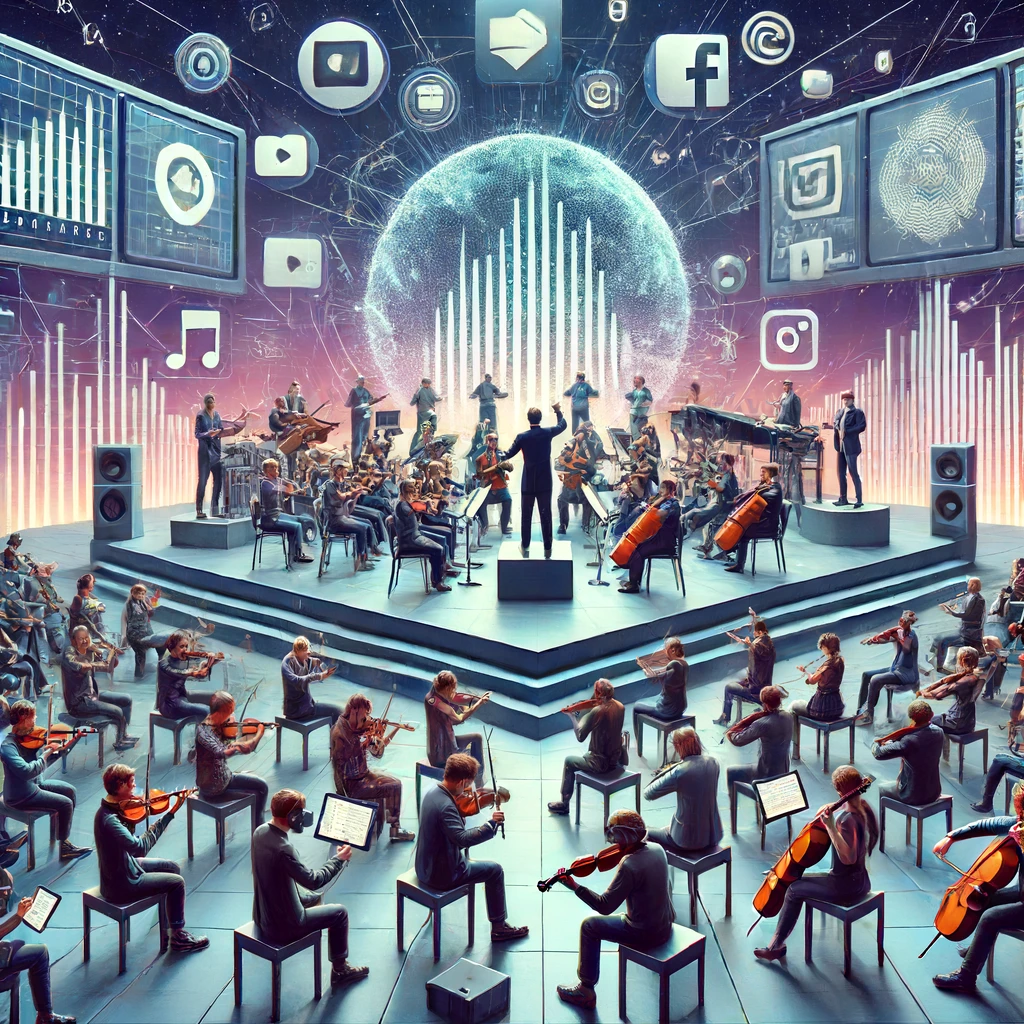
Technological Influence and Digital Engagement
The classical music scene has increasingly embraced digital platforms, offering new ways for musicians to reach audiences. Social media and streaming services have played a pivotal role in this transformation. Notably, platforms like YouTube and online radio have become significant venues for classical music consumption. This shift is partly driven by younger audiences discovering classical music through modern media and the increased accessibility of performances online (WXXI Classical) (Bay State Banner).
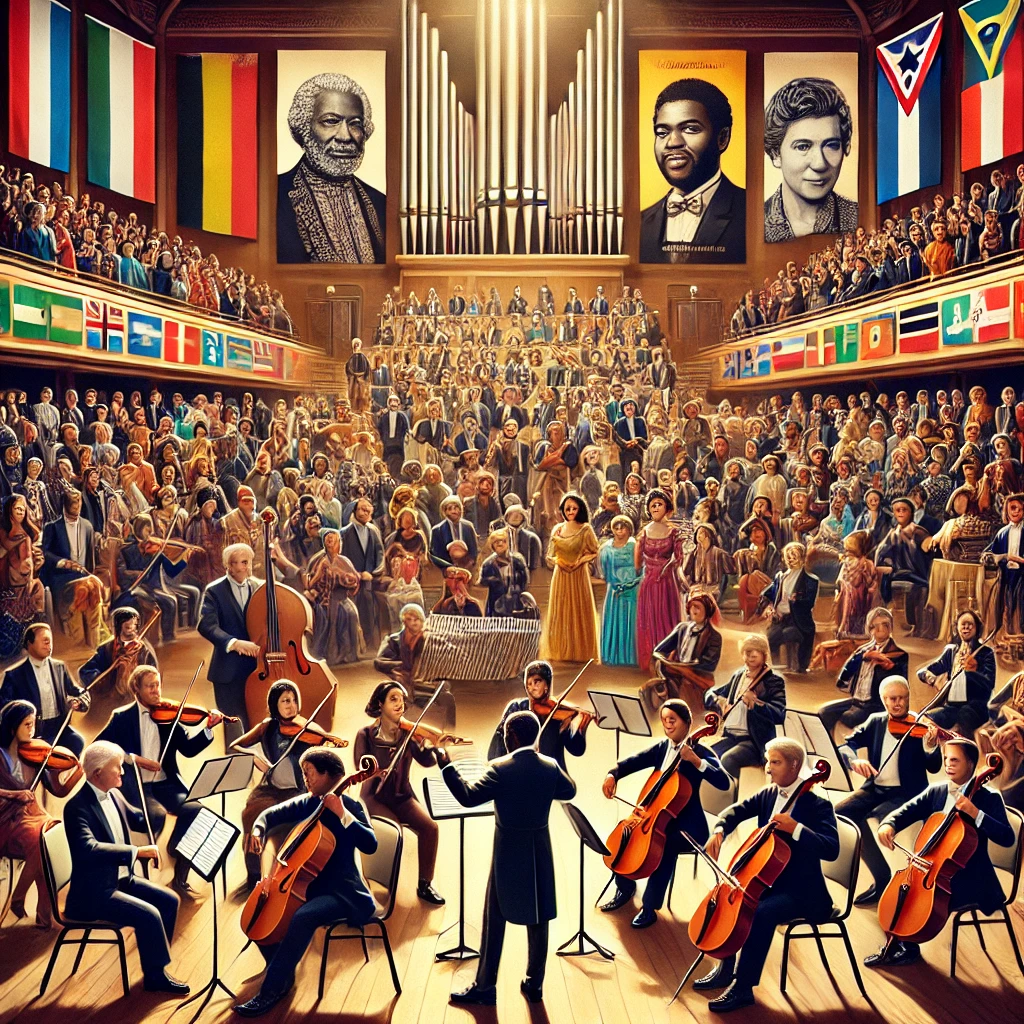
Diversity and Inclusion
There is a growing emphasis on diversity within the classical music industry. Initiatives aimed at promoting non-white excellence and addressing historical exclusion are gaining traction. Organizations such as the Black Orchestral Network are pivotal in supporting non-white musicians and fostering inclusivity. This focus on diversity is also reflected in programming and awards, with notable recognition of Black composers and performers (Bay State Banner).
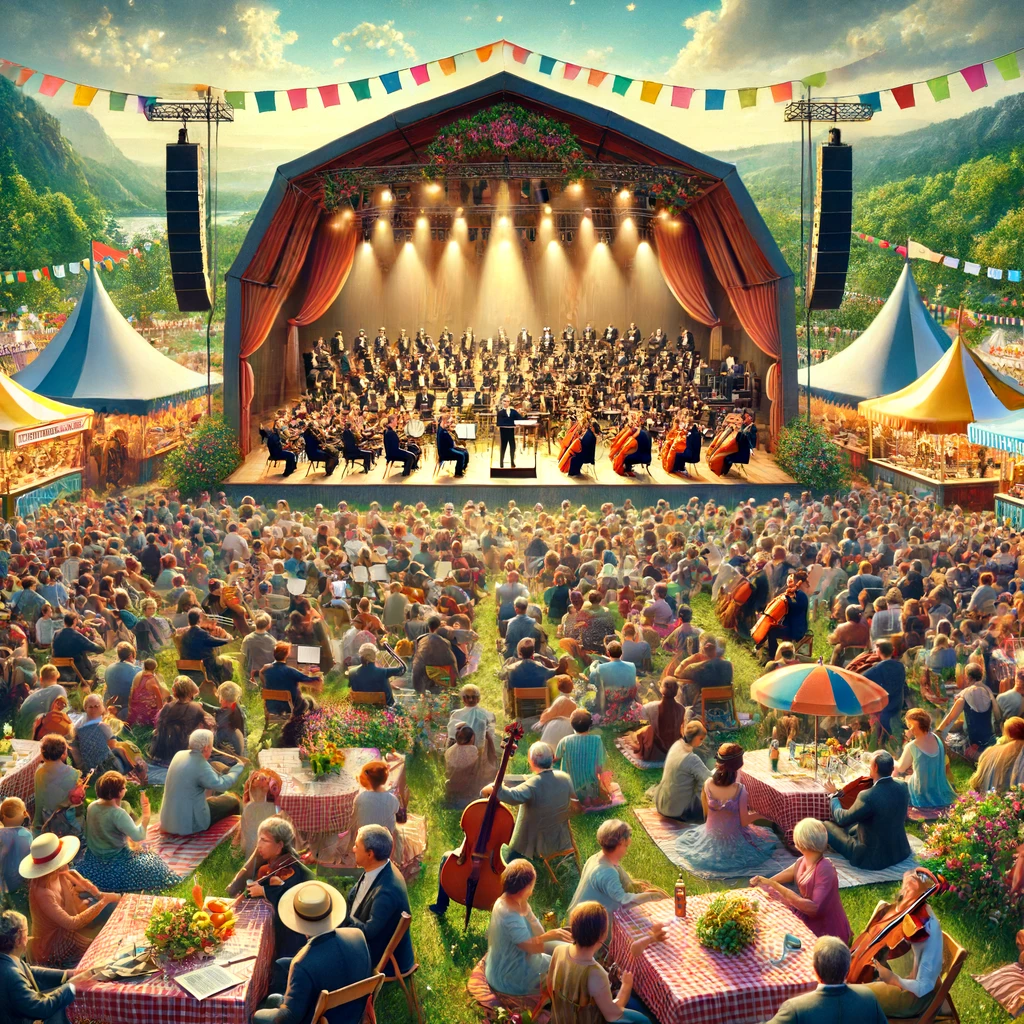
Festivals and Live Performances
Classical music festivals remain a vital part of the industry, providing platforms for live performances and community engagement. Festivals in the US and Canada, such as those in Manchester and Sun Valley, continue to attract large audiences and showcase both established and emerging talents (WXXI Classical). These events not only celebrate classical music but also help sustain local economies and cultural tourism.
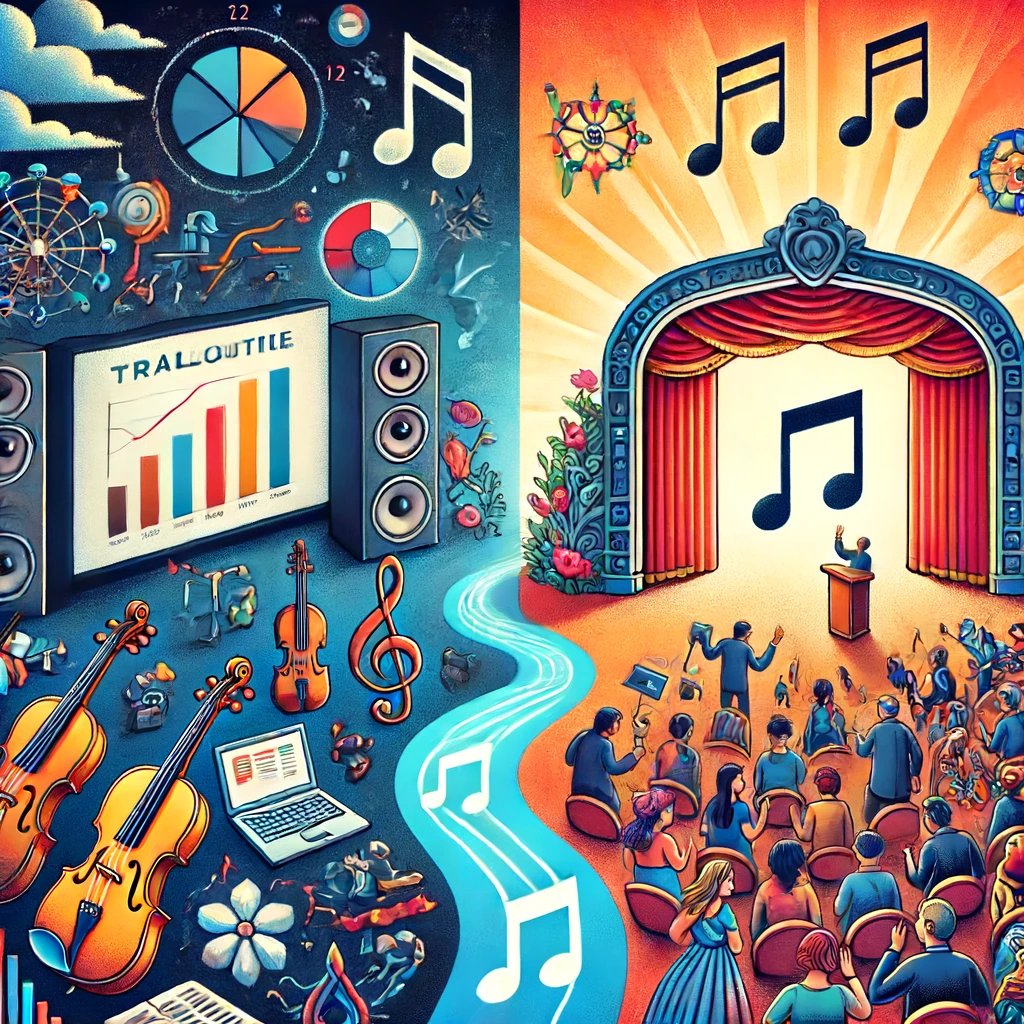
Challenges and Opportunities
The industry faces several challenges, including financial sustainability and audience development. Classical, a major conference for classical music professionals, highlights the industry’s proactive approach to these issues. The event focuses on innovative strategies for audience engagement, education, and sustainability, underscoring the necessity of adapting to contemporary cultural and economic contexts (Classical:NEXT).
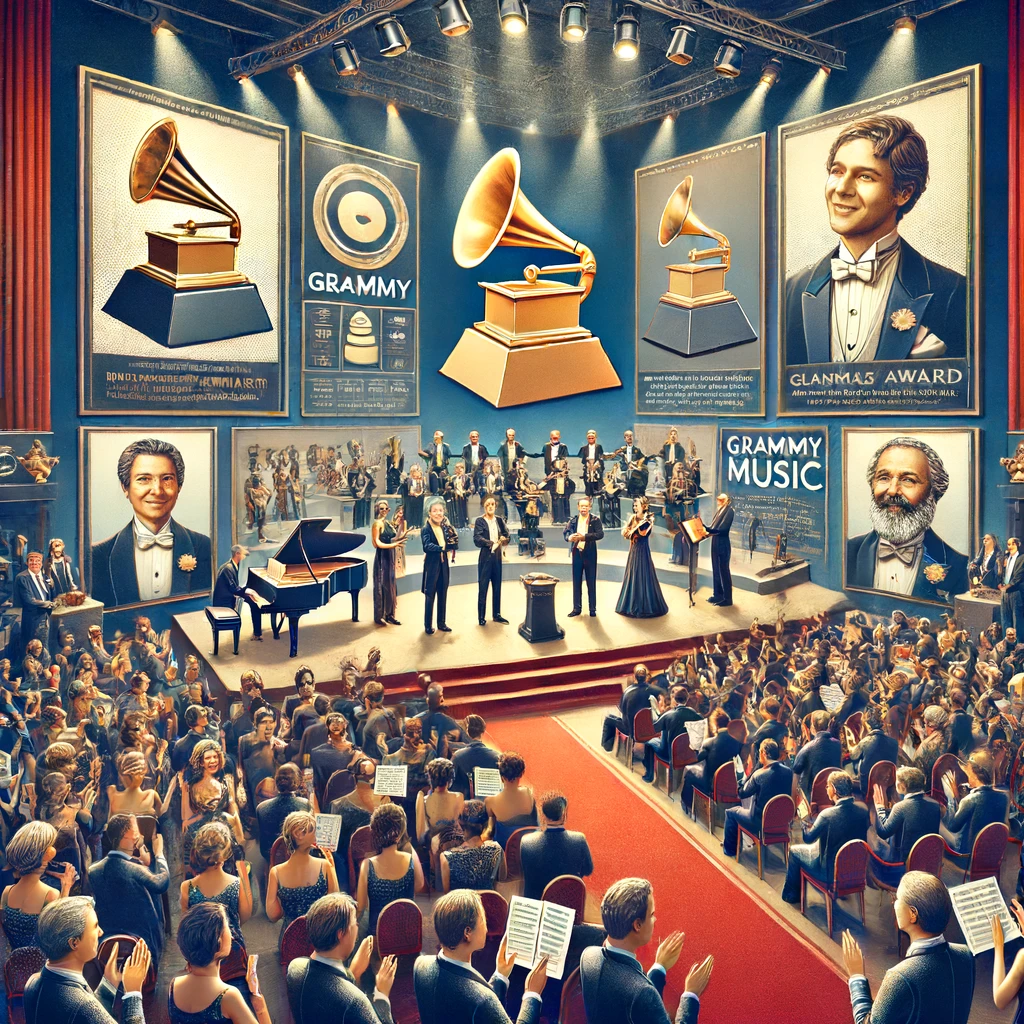
Recognition and Awards
The Grammy Awards remain a significant benchmark for classical music achievement. The 2024 nominees include a diverse array of performers and compositions, reflecting the rich tapestry of the genre. Categories such as Best Orchestral Performance and Best Opera Recording showcase both contemporary works and timeless pieces, indicating a blend of tradition and modernity in the industry’s recognition of excellence (World’s Leading Classical Music Platform).

Future Outlook
Looking forward, the classical music industry is poised for continued transformation. Embracing digital innovation, fostering diversity, and engaging new audiences are likely to remain central themes. The industry’s ability to adapt to changing cultural landscapes while maintaining its rich heritage will be crucial for its sustained relevance and growth.
In summary, the classical music industry in 2024 is marked by a dynamic interplay of tradition and innovation. While it faces significant challenges, the industry’s efforts to embrace diversity, leverage technology, and engage audiences in new ways highlight a promising path forward.